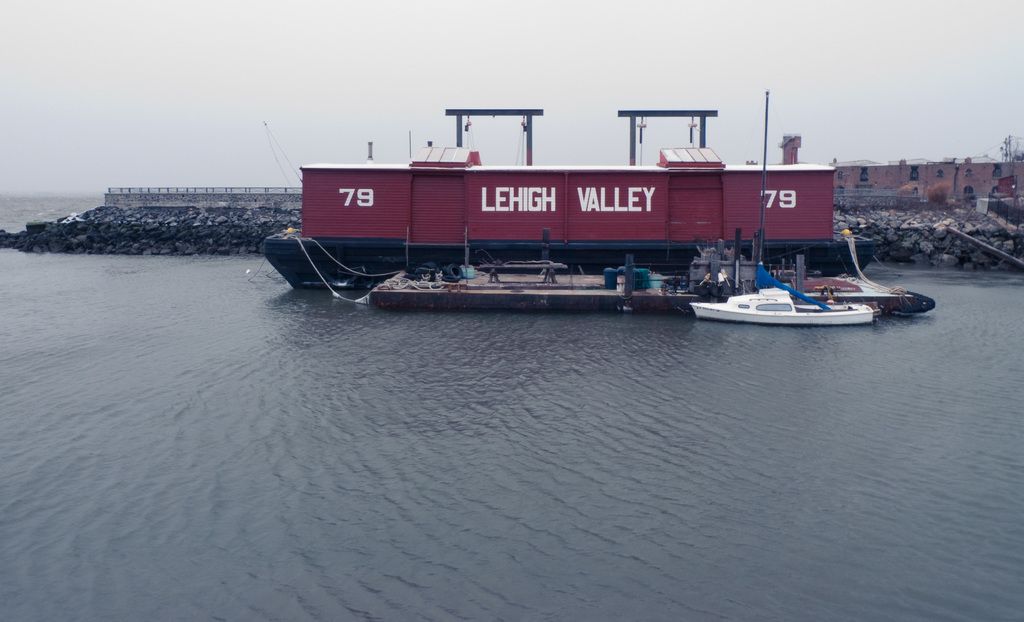Potentially seeking labor outside the European Union for Denmark's construction industry
** Construction Workforce Boom in Denmark*Michael Barrett**Save
Foreign labor has significantly increased in Denmark's construction industry, with a massive jump from 3.7% in 2010 to 16.3% last year.
Jobs, Jobs, Jobs!
Denmark's construction sector has been struggling with a chronic labor shortage, and has turned to foreign workers to help alleviate the problem. The Danish Chamber of Commerce (Dansk Erhverv) reports a surge in the number of full-time foreign nationals working in the industry, swelling from 4,300 in 2010 to 26,500 last year.
"Without foreign labor, we wouldn't be able to complete our assignments," Henrik Friis, director for the construction sector with the Chamber of Commerce, told news wire Ritzau.
Eastern European countries, mainly Poland, Romania, Lithuania, and Germany, account for over 60% of the foreign workers in the industry, with Poland being the biggest single contributor. Interestingly, Poland itself is also experiencing a labor shortage in construction. This may force Denmark to look beyond the EU for more workers in the future.
Future Plans
Looking ahead, Denmark may scout for labor in other regions like the Balkan area, where there is interest in working in Denmark. The current work permit rules, however, might pose a challenge. One such rule is the pay limit scheme.
To get a Danish work permit, a foreign national must be offered a salary of DKK 514,000 annually. This could potentially be an obstacle for unskilled labor recruitment, as Friis points out.
"If we are to hire unskilled labor, this could be a problem," Friis said.
Constructive Insights
Denmark's work permit rules for non-EU construction workers feature several key components and challenges:
- Pay Limit Scheme Requirements: The main pay limit scheme requires a foreign national to be offered a salary of DKK 514,000 annually, or DKK 415,000 annually under the supplementary scheme. Only basic salary, pension contributions, and paid holiday allowances count towards these thresholds. Benefits (housing, bonuses) are excluded.
- Challenges in Construction Recruitment: Construction roles may not feature prominently on the Positive Lists or Skilled Work lists, and only specialized roles such as civil engineering may be covered. Meeting the minimum salary threshold for non-unionized roles can be challenging for mid-skill construction positions. The requirement that salaries be paid to a Danish bank account for stays exceeding 6 months complicates short-term project hires.
- Practical Considerations: Permits are valid for up to 4 years but require salary compliance with the original application year's thresholds. Fast-Track processing, while beneficial for roles on the Positive Lists or Pay Limit Scheme, may still leave many construction positions subject to standard timelines.
Employers may face challenges if construction roles lack recognized DISCO codes or if salary offers cannot meet the stringent Pay Limit thresholds. Recent updates emphasize stricter salary enforcement, increasing compliance burdens.
Join the discussion in our comments section below. Share your thoughts and experiences, and if you have any questions or suggestions for our journalists, email us at news@our website. Remember to read our terms of use before joining in.
Please log in here to leave a comment.
Further Reading
- Danish parliament votes through 'unfair' hike to citizenship fee
- Denmark 'can end' US defense agreement if Washington leaves NATO
- What proportion of foreign nationals stay in Denmark for the long term?
- Why are Danish left-wing parties opposed to government's unemployment reform?
- The construction sector in Denmark is experiencing a significant labor shortage, and the recruitment of foreign workers, particularly from Eastern European countries like Poland, has increased to help alleviate the problem.
- Denmark's work permit rules for non-EU construction workers, such as the pay limit scheme, might pose a challenge, as foreign nationals must be offered a salary of DKK 514,000 annually to get a Danish work permit, potentially hindering the recruitment of unskilled labor.
- With Poland itself experiencing a labor shortage in construction, Denmark may have to look beyond the EU for more workers in the future.
- The current work permit rules may discourage employers from recruiting mid-skill construction positions, as meeting the pay limit thresholds can be challenging for these roles.
- Interest in working in Denmark from regions like the Balkan area suggests potential sources for construction labor that Denmark may explore in the future, despite the limitations posed by the current work permit rules.






